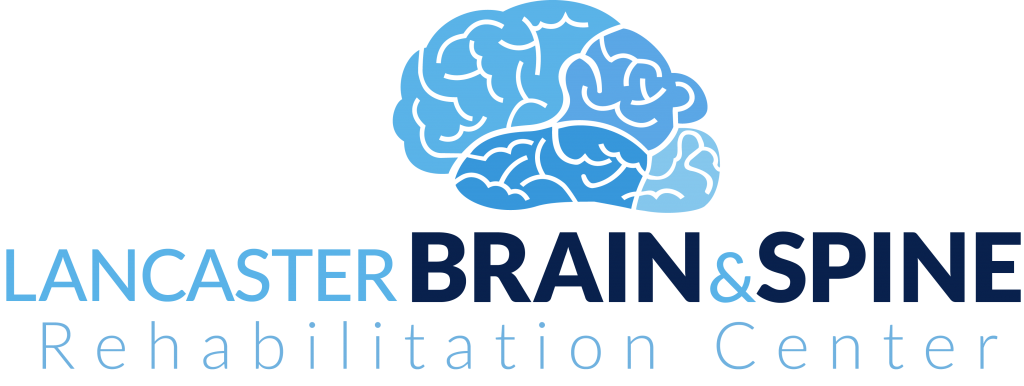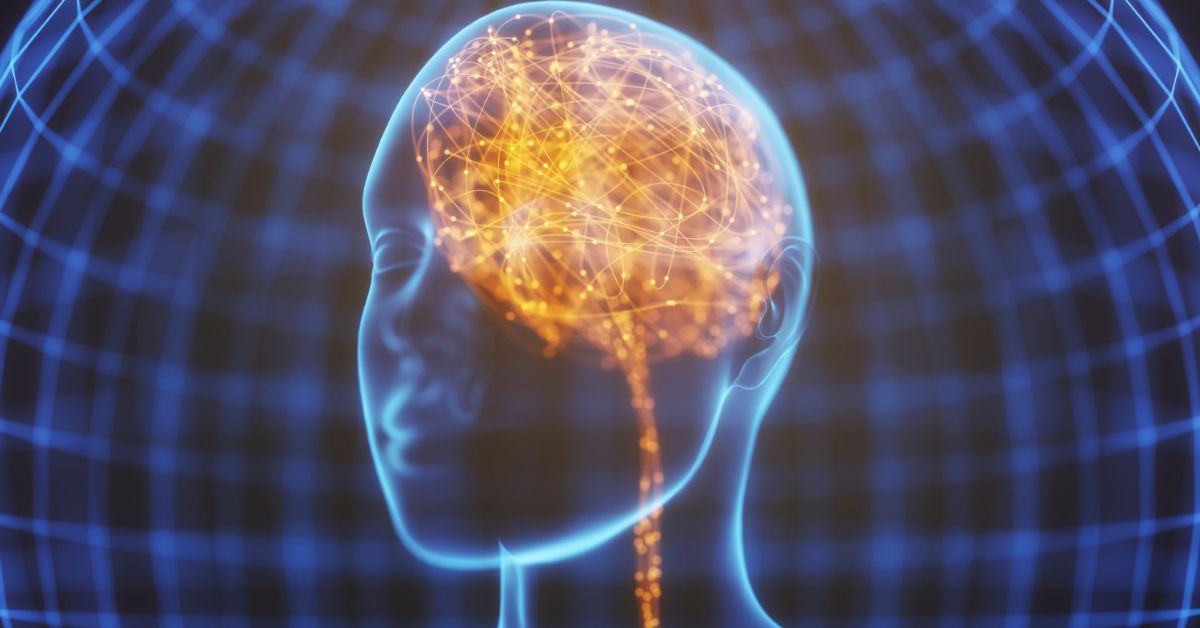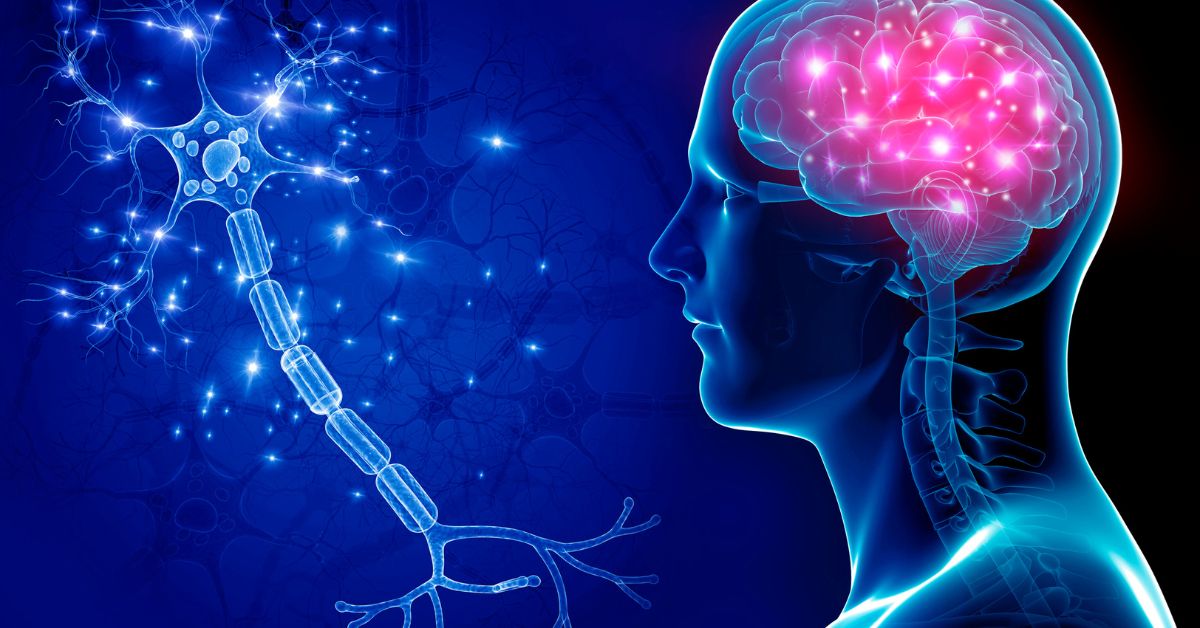As a chiropractic neurology clinic, you can imagine we encounter patients struggling with a variety of neurological disorders. One of the main conditions we see and treat is dysautonomia.
Dysautonomia is an umbrella term for a complex neurological disorder that affects the autonomic nervous system. It causes a range of symptoms and can present in a variety of ways that can be challenging to diagnose and manage.
This condition isn’t rare either. Dysautonomia International estimates that over 70 million people have some form of this condition. Despite its widespread population, it takes most patients years to receive a diagnosis simply because they’re unaware of what dysautonomia is.
At Lancaster Brain & Spine, we aim to increase awareness of complex conditions by educating our patients. In this blog post, we’ll discuss what dysautonomia is, and cover the symptoms, causes and treatment options for this condition.
What Is Dysautonomia?
Our autonomic nervous system regulates many of the body’s automatic functions. This includes things like your heart rate, blood pressure, digestion and temperature control. Dysautonomia occurs when there is a dysfunction in this system, resulting in a range of symptoms that can affect many of your body’s functions.
Dysautonomia can be a primary condition, meaning that it’s a result of a dysfunction of the autonomic nervous system itself. Or it can be a secondary condition, meaning it’s the result of an underlying condition, such as diabetes, Parkinson’s disease, Lyme disease or multiple sclerosis.
Symptoms Of Dysautonomia
How dysautonomia presents in the body can vary greatly from person to person. These symptoms can include:
- Dizziness or lightheadedness when standing
- Fainting or near-fainting (known as syncope)
- Rapid or irregular heartbeat (known as tachycardia or arrhythmia)
- Palpitations
- Shortness of breath
- Chest pain or discomfort
- Fatigue
- Brain fog or cognitive difficulties
- Headaches
- Nausea and vomiting
- Constipation or diarrhea
- Bladder dysfunction
- Excessive sweating or lack of sweating
- Temperature intolerance
- Insomnia or disturbed sleep
If you’re experiencing any combination of these symptoms, please contact us for a free phone consultation.
The Different Types Of Dysautonomia
There are three main forms of dysautonomia that we diagnose patients with:
- Neurocardiogenic Syncope (NCS)
Neurocardiogenic Syncope (NCS) or Vasovagal Syncope is the most common form of dysautonomia. It’s a typical cause of fainting that relates to a malfunction in the autonomic nervous system. In NCS, a sudden and brief drop in blood pressure and heart rate occurs, leading to a lack of blood flow to the brain and causing you to faint.
Emotional stress, pain or prolonged standing can often be triggers of NCS.
Symptoms of NCS include:
- Dizziness or lightheadedness
- Nausea or sweating
- A sudden feeling of warmth or coldness
- Postural Orthostatic Tachycardia Syndrome (POTS)
A rapid increase in heart rate without a significant decrease in heart rate characterizes POTS. This sensation can occur when a person moves from lying down to standing up. The body is unable to adjust to the change in posture, causing blood to pool in the lower extremities and reducing blood flow to the brain.
Symptoms of POTS include:
- Lightheadedness
- Occasional fainting
- Palpitations
- Headaches
- Brain fog
- Fatigue
- Headache
- Exercise intolerance
- Tremors
- Nausea
- Multiple System Atrophy (MSA)
Multiple System Atrophy (MSA) is a rare, progressive neurodegenerative disorder that usually occurs in older adults. A build-up of a protein called alpha-synuclein in the brain leads to the death of nerve cells and causes MSA.
MSA is a rare and often difficult-to-diagnose condition. Early recognition and management of symptoms is important for improving quality of life.
Symptoms of MSA include:
- Problems with movement or balance
- Blood pressure changes
- Bladder control issues
Causes Of Dysautonomia
The causes of dysautonomia can vary, depending on what type you might have.
Primary dysautonomia can be genetic or idiopathic, meaning the cause is unknown. While secondary dysautonomia can be the result of various underlying conditions, including:
- Diabetes
- Parkinson’s disease
- Multiple sclerosis
- Lyme disease
- Sjogren’s syndrome
- Chronic fatigue syndrome
- Ehlers-Danlos syndrome
- Autoimmune disorders
- Spinal cord injuries
- Traumatic brain injuries
Diagnosis & Treatment
Diagnosing dysautonomia can be challenging. As you’ve seen, the symptoms are often vague and overlap with many other possible conditions.
That’s why, at Lancaster Brain & Spine, we examine “the whole you,” not just the symptoms you come in with. We’ll look at your past history and your body’s various systems while asking extensive questions and performing a thorough examination.
Our specialist diagnostic testing includes tilt-table tests, heart rate variability, videonystagmography and autonomic function that we have in-house at our Lancaster, PA clinic. These extensive testing facilities are why so many surrounding clinics send their neurological patients our way.
The treatment for dysautonomia depends on the underlying cause and the specific symptoms presented. In some cases, lifestyle changes can have a very beneficial impact, such as:
- Increasing salt and fluid intake
- Wearing compression socks
- Regular exercise
- Staying hydrated
- Avoiding triggers
At our Lancaster-based clinic, we administer treatment and monitor you throughout the process. We also perform therapies in stages, from lying down to tilted or standing, to ensure consistent, but not overwhelming, growth. We track the variability of regulating blood pressure, heart rate and breathing and aim to improve your symptoms with the least discomfort possible.
That’s why we offer intensive weeks. We can improve neurological problems with consistent treatment spread out over a few days due to the brain’s neuroplasticity. Wondering if an intensive week could work for you? Book a free 15-minute telephone consult to discuss this treatment option with our staff.
Living With Dysautonomia
Living with this condition can be challenging. But it is possible to manage symptoms and lead a fulfilling life. The best way to do this? Work with knowledgeable professionals who can create a custom dysautonomia treatment plan for you. Depending on your circumstances, this plan may include medical intervention or lifestyle modifications. Whatever the recommended treatment, it’s a plan to help you get back to living your best life.
Want A Second Opinion?
If you or a loved one are experiencing any of the symptoms associated with dysautonomia, we recommend you seek a professional opinion.
Request a free telephone consultation with us by completing our quick contact form. One of our lovely staff will arrange a call between you and one of our experts, where we can discuss your symptoms and the next best steps.
At Lancaster Brain & Spine, we specialize in invisible pain, so you’re in safe hands.
Book your free 15-minute telephone consult with us here.







